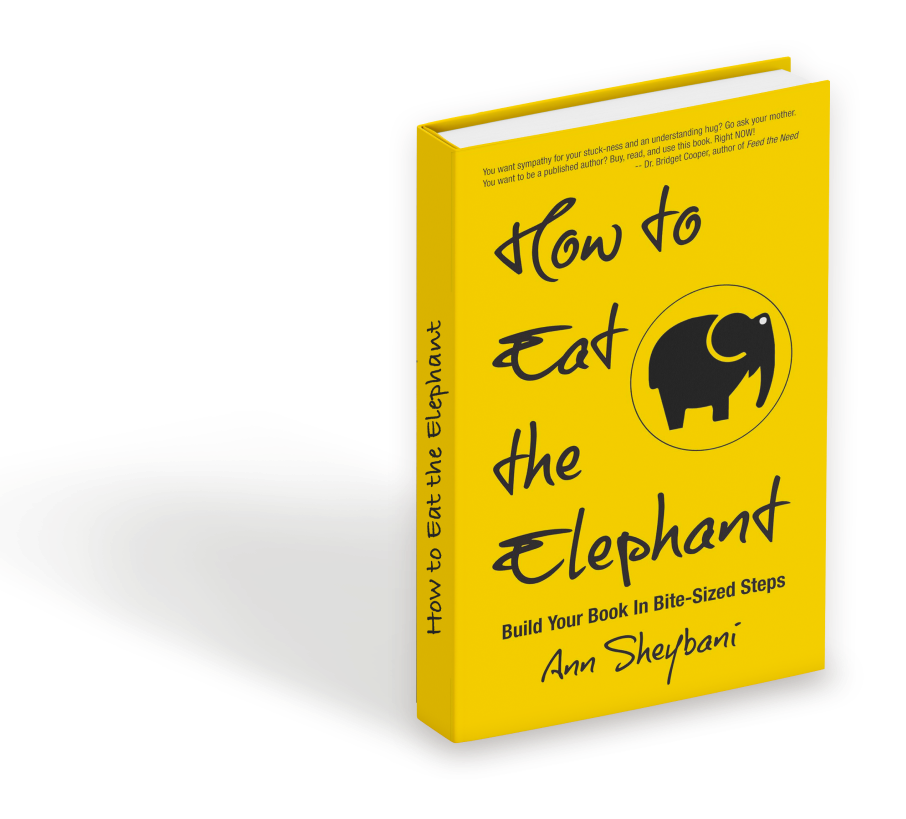I took an essay writing course in grad school back when dinosaurs roamed the earth and discovered that it’s much harder to wrap up a piece than it is to start one. When it comes time to draw a conclusion, just watch yourself blank out.
The same sort of WTF-now? comes up for those writing prescriptive non-fiction books. The intro is locked down, you’ve got 200 or so pages spelling it all out, and now you’ve got to end the show gracefully, without looking like you’ve simply run out of paper.
The beautiful thing is there’s a formula for conclusions, which I’m going to share with you right here.
But let’s start with a clear understanding of the purpose of a conclusion, which is to wrap up your argument or discussion and leave a lasting impression on your readers. It’s your opportunity to summarize key points, restate your thesis or main message, and provide closure.
Here’s what you should include in a non-fiction conclusion:
Restate your thesis or main message: Begin your conclusion by revisiting the main point or argument you made in your introduction. This reminds your readers of the central focus of your piece. (If you don’t know what I’m referring to, go HERE.)
Summarize key points: Briefly recap the main points and arguments you’ve made throughout your work. This helps readers recall the important information you’ve presented.
If you’ve guided your reader through action steps, we want a reiteration of these steps.
Acknowledge the reader for taking the first step towards solving this problem.
This is a new lifestyle, a new mindset. Simple small habits will win this game.
How can they lock in this new lifestyle? What more should they do? What should they watch out for? How might they set they screw up when first using this stuff? What are the common errors they’ll have to avoid now that they’re making these changes?
How can they set themselves up for continued success?
Put in a slightly different way, describe how your reader can incorporate this information, this philosophy, into his or her life. How does this new way of thinking open the vista, make life better financially, physically, emotionally, spiritually?
Or think….What happens when your reader internalizes this stuff, does the exercises, completes the action items? Can you paint the “after” picture using a client example? What happened when they made these changes, when they finally understood the very information you’ve provided in the book? How does it change things up in unexpected ways?
Give us a reiteration of how much better life can be on this side of the problem.
What programs or services can you offer them that will guarantee continued success? Where can you point them? If you have nothing, is there another book they can read that will deepen their understanding?
Address counterarguments (if applicable): If you’ve discussed opposing viewpoints or counterarguments in your work, briefly acknowledge them in your conclusion. You can explain why your perspective is more compelling or how your research has contributed to the broader discussion.
End with a strong closing statement: Craft a memorable closing sentence that leaves a lasting impression on your readers. It could be a thought-provoking quote, a powerful statement, or a call to action.
Things to watch out for:
Maintain the tone and style: Ensure that your conclusion maintains the same tone and style as the rest of your work. Consistency in voice and style is essential for a polished conclusion.
Avoid introducing new information: Your conclusion is not the place to introduce new facts, arguments, or evidence. Stick to summarizing and reiterating what you’ve already presented. This is not a dumping ground, people.
Damn, now I have to come up with a pithy closing statement and I’m drawing a blank. How about….Follow this formula, and you won’t go wrong.

